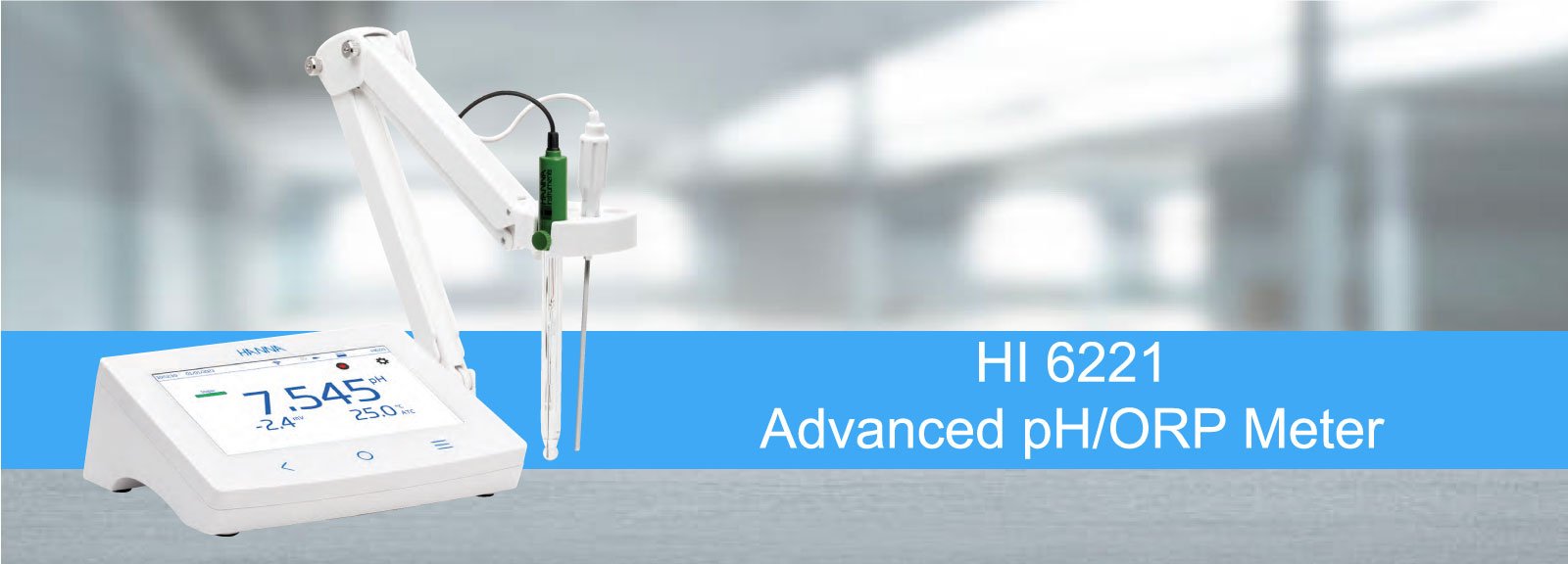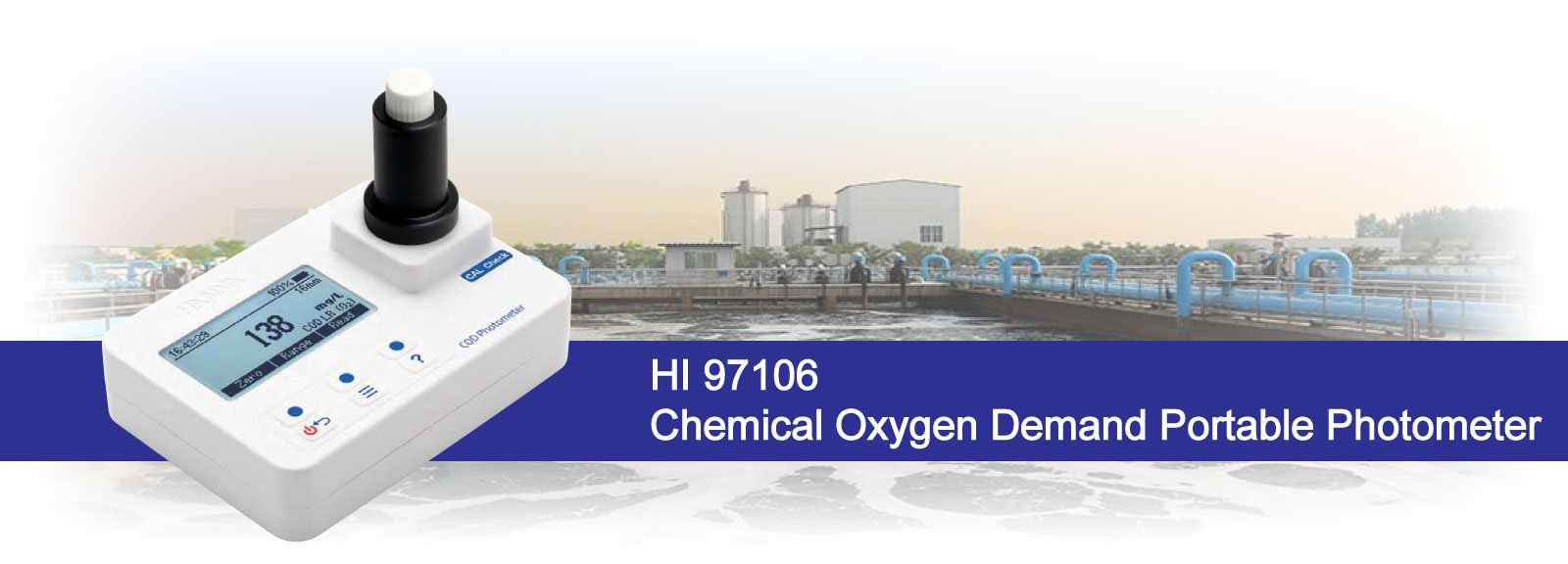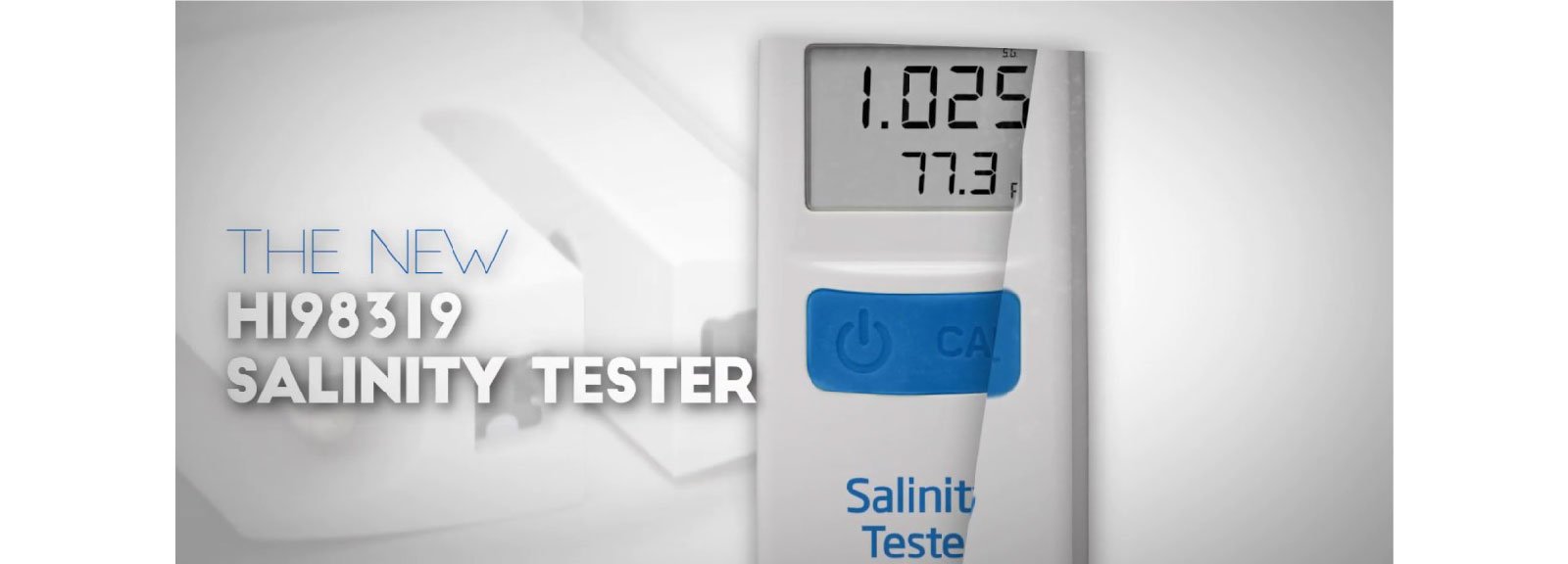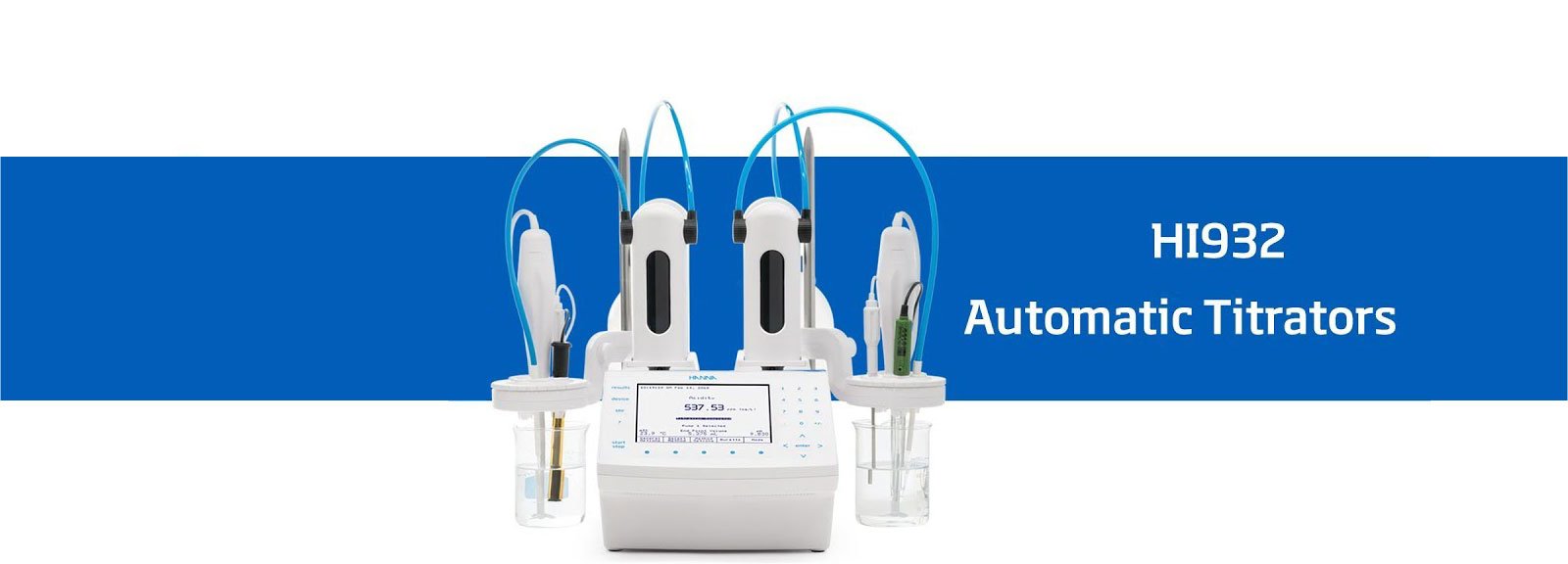Hanna Instruments (M) Sdn Bhd
11A, Jalan PJS 11/20,
Bandar Sunway,
46150 Petaling Jaya,
Selangor, Malaysia.
Penang Branch Office
Hanna Instruments (M) Sdn Bhd
N0. 303-2-27, Krystal Point,
Jalan Sultan Azlan Shah,
11900 Sungai Nibong,
Penang, Malaysia.
+604-638 4558
+604-645 4558
penang@hannamalaysia.com
Sabah Branch Office
Hanna Instruments (M) Sdn Bhd
No. 4-1, 1st Floor,
Plaza Kingfisher,
Jalan Plaza Kingfisher 5,
Inanam, 88450 Kota Kinabalu,
Sabah, East Malaysia.
088-382 941
088-382 942
sabah@hannamalaysia.com
HI10533 pH Electrode with Conical Tip and Quick Connect DIN Connector
| Previous | 50 / 82 | Next |
RM 1,156.00
The HI10533 pH electrode has a triple ceramic junction in the outer junction and the conical pH sensing portion is made with low temperature glass. This design consideration is ideal for emulsions, fats and creams, soil and semi-solid samples, low conductivity solutions, and for measuring samples at cold temperatures.
- Built-In Temperature Sensor
- Triple Ceramic Junction
- Refillable Electrode
-
Details
Hanna Instruments offers a wide variety of pH electrodes that are designed for many different applications. The type of glass used for sensing pH, bulb shape, body material, type of junction, type of reference and electrolyte used are just some of the design considerations.
The HI10533 uses low temperature (LT) glass, conical bulb, glass body, triple ceramic junction and is refillable with 3.5M KCl.

Low Temperature Glass Formulation
The measurement of pH at very high temperatures is detrimental to the sensitive glass bulb and will shorten the life of it. A pH electrode with general purpose (GP) glass will have a resistance of 100 megaohms at 25°C while the resistance of LT glass is around 50 megaohms at 25°C. As the temperature of the glass decreases in the sample, the resistance of the LT glass will approach that of GP glass. If using GP glass, the resistance would increase above the optimum range, resulting in increased impedance and ultimately affecting the measurement. The HI10533 is suitable to use with samples that are between -5 to 100°C.

Conical Glass Tip
The conical shaped tip design allows for penetration into solids, semi solids, and emulsions for the direct measurement of pH in food products, soil, and emulsions like hand creams.

Glass Body
The glass body is ideal for laboratory use. The glass is resistant to many harsh chemicals and is easily cleaned. The glass body also allow for a fast transfer of heat to the internal reference electrolyte. The mV generated by the reference cell is temperature dependent. The faster the electrode reaches equilibrium, the steadier the reference potential.

Built-In Temperature Sensor
HI10533 features a built-in thermistor temperature sensor that is in the tip of the indicating pH electrode. A thermistor temperature sensor provides for a high accuracy temperature reading and should be as close as possible to the indicating pH electrode in order to compensate for the effect that temperature has on the membrane potential. By having an accurate reading it is possible to provide an accurate temperature compensated reading.

Triple Ceramic Junction
The triple ceramic junction allows a faster flow rate of electrolyte from the reference into the solution. A standard pH electrode will use a single ceramic junction that allows for 15 to 20 µL/hour of electrolyte to flow; the HI10533 has three ceramic junctions, providing for 40 to 50 µL/hour of electrolyte to flow. This high flow rate provides faster electrode response and more stable measurement in viscous solutions or samples of low conductivity, such as pure water, where a long stabilization time is often observed.

Double Junction Reference
A double junction electrode has an internal compartment surrounding the reference wire. Silver ions are present in the electrolyte of the internal compartment, which houses the Ag/AgCl reference wire; the electrolyte outside this compartment is silver free. The double junction design means that virtually no silver from the electrode enters the sample. This design allows measurement in applications where silver ions in the sample are undesirable or for samples that contains sulfides that can cause the silver to precipitate and clog the junction. Clogging of the junction will result in drifty and erratic readings.

Refillable
The HI10533 is a refillable probe. Since it is a double junction pH electrode, the fill solution is the HI7082 3.5M KCl. This solution does not contain any silver as with single junction electrode fill solutions.

Quick Connect DIN Connector
The HI10533 uses a Quick Connect DIN connector that makes attaching and removing the probe simple and easy. This type of connector is proprietary to the meter. Compatible meters include the HI98190.
Single Junction Versus Double Junction pH Electrodes

Conventional electrodes are normally single junction. As depicted by the figure above, these electrodes have only a single junction between the internal refernce wire and the external solution. Under adverse conditions, such as high pressure, high temperature, highly acidic or alkaline solutions, the positive flow of the electrolyte through the junction is often reversed resulting in the ingress of sample solution into the reference compartment. If this is left unchecked, the reference electrode can become contaminated, leading to complete electrode failure. Another potential problem with single junction electrodes is the clogging of the junction due to silver chloride (AgCl) precipitation. Silver can be easily precipitate in samples that contain Tris buffer or heavy metals. When the electrolyte solution makes contact with the sample, some AgCl will precipitate on the external face of the junction. The result is drifty readings obtained from the sensor.
Hanna’s double junction system, as the name implies, has two junctions, only one of which is in contact with the sample as shown in the figure. Under adverse conditions, the same tendency of sample ingress is evident. However, as the reference electrode system is separated physically from the intermediate electrolyte area, the contamination of the electrode is minimized. The likelihood of clogging of the junction is also reduced with a double junction electrode since the outer reference cell uses a fill solution that is “silver-free”. Since there is no silver present, there is no precipitate forming to clog the junction
-
Specifications
Body Material glass Reference double, Ag/AgCl Junction / Flow Rate ceramic, triple / 40-50 μL/h Electrolyte 3.5M KCl Range pH: 0 to 12 Max Pressure 0.1 bar Tip Shape conic (12 x 12 mm) Diameter 12 mm Body Length / Overall Length 120 mm / 175.5 mm Recommended Operating Temperature -5 to 100°C (23 to 212°F) - LT Temperature Sensor yes Matching Pin no Amplifier yes Digital no Cable 7-pole; 1 m (3.3') Connection quick connect DIN Applications emulsions, fats and creams, low conductivity solutions, potable water, semi-solid products, soil samples








